Current Projects
There are several projects currently underway within the TREE Collective, which are run by different student-faculty-community working groups. You can read more about these initiatives below.
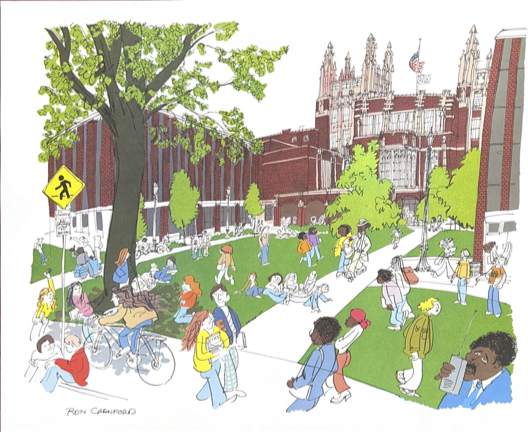
Critical AI Ethics Working Group
The Critical AI Ethics Curriculum working group is a collaboration with Northwestern University School of Education and Social Policy’s TREE Lab, Evanston Township High School, Responsible AI Student Organization (RAISO), and the Kapor Center. The working group consists of researchers, undergraduate students, and high school students and educators working together to create a set of educational resources to help students explore, understand, and question the social and ethical dimensions of AI.
Current Team Members
Evanston Township High School Kapor Center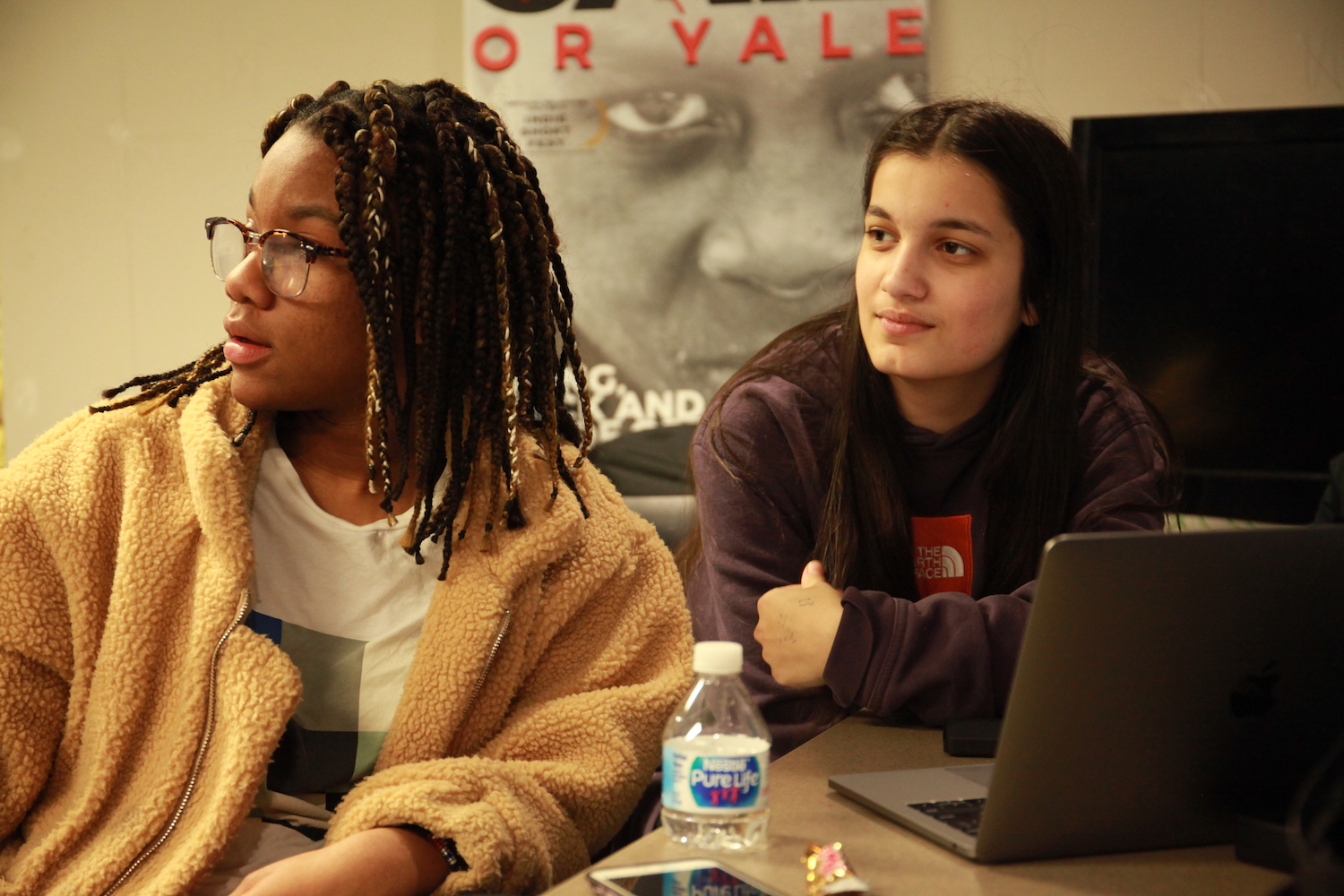
Young People’s Race Power and Tech Project (YPRPT)
YPRPT (Young People’s Race Power and Tech Project) is an afterschool program co-designed with community partners to engage Chicago youth in critical inquiry around around the complex ethical and political dimensions of technologies. Bringing together civics, computing, and the arts, YPRPT aims to contribute to a reimagining of what “technology learning” is and could be in an era of ubiquitous computing.
Current Team Members
Sepehr Vakil Raphael Nash Shai Moore Ally Reith Charles Logan Lucy Parsons Labs Family Matters Endangered Peace Productions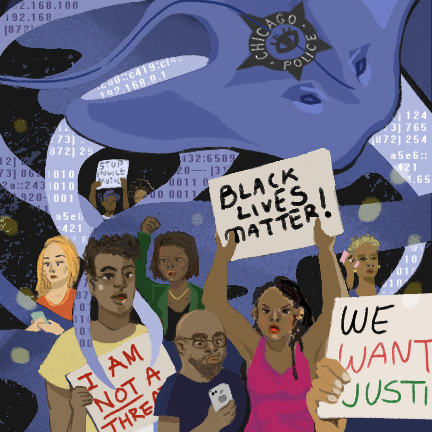
BreakPoint Journal
With all its perks, technology is normally touted as our path to that more equitable, shining future, a boon to save us from ourselves. But what if it’s not? We have evidence to believe that often, technology does the opposite, re-entrenching us in our inequities, even without malicious intent. The onset of the Information Age has not solved the pernicious societal ills that have lingered with us since the beginning: oppression, exploitation, inequity, and all the nuanced ways in which innocent people have been setup to fail in their quests to live fulfilling, satisfying, and happy lives. And at what point do we break? Dreams, aspirations, bodies, communities, oppressions...at what point, and in which ways, is our tech contributing to, or creating, our fractured world? This is what our journal seeks to take apart, reassemble, and hand back to you, our readers. We reanalyze technology and its effects, so that we may assist you in understanding your reality, and we hope this will aid us all in figuring out where we should be adjusting so that when the future arrives, we aren’t more oppressed than we are now. Breakpoint NU is a quarterly publication, examining technologies on Northwestern’s campus, Chicago, and beyond.
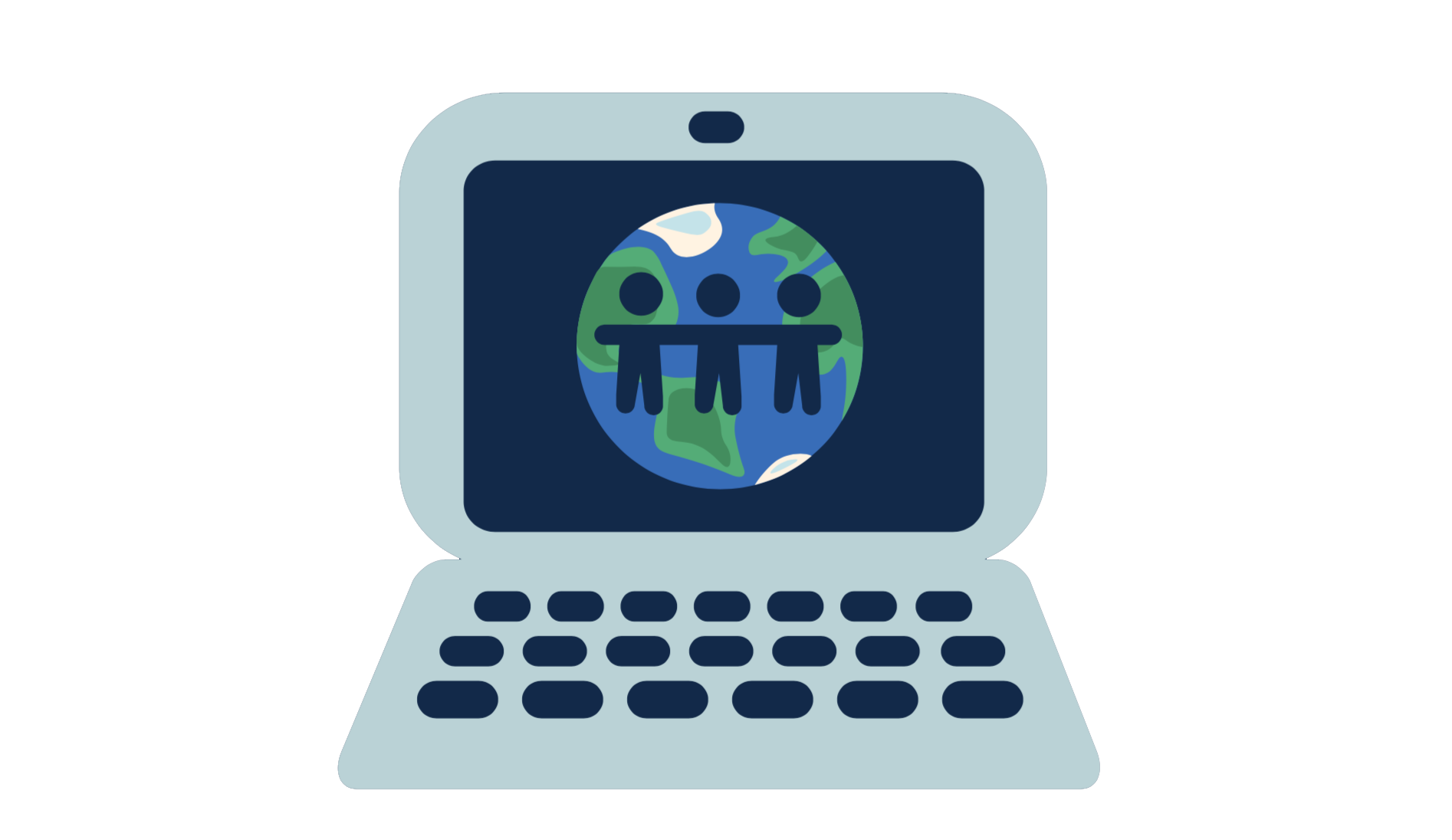
Computing, Ethics, and Society Course
Societies are being rapidly shaped by computer-mediated systems. These systems provide tremendous benefits (e.g. online shopping, convenient access to information, connection to friends and family) and risks (e.g. biased decision-making, surveillance, disinformation, and exclusion from critical material opportunities) that are important to examine and understand.
As part of a broader, interdisciplinary initiative between the Department of Computer Science and the School of Education and Social Policy, and supported by an Alumnae Curriculum Innovation Grant, we are designing a course to explore the ethical dimensions of these “everyday” and emerging computing technologies — social media platforms, search engines, internet infrastructure, recommendation systems, ML/AI, and so forth — by looking at their histories, assumptions, and impacts.
This includes examining how computing infrastructures reify / disrupt individual, social, and cultural practices; how they interact with important social values; and how they can be understood vis-a-vis various ethical frameworks.
The course is open to all students. For CS majors and minors, the course aims to help students to consider and grapple with ethical dimensions of their work, in order to inform a more critical technical practice. For students pursuing non-computing disciplines (i.e. “non-majors”), the course aims to provide a solid foundation for thinking about the possibilities, risks, and impacts of computer-mediated infrastructures on society.
Current Team Members
Sepehr Vakil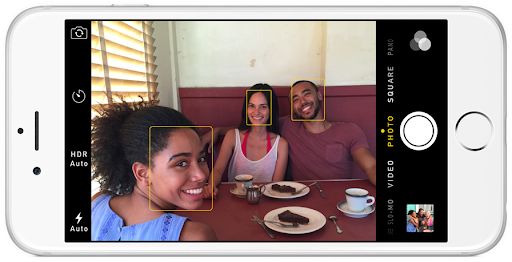
Educational Resources
Overview of educational resources